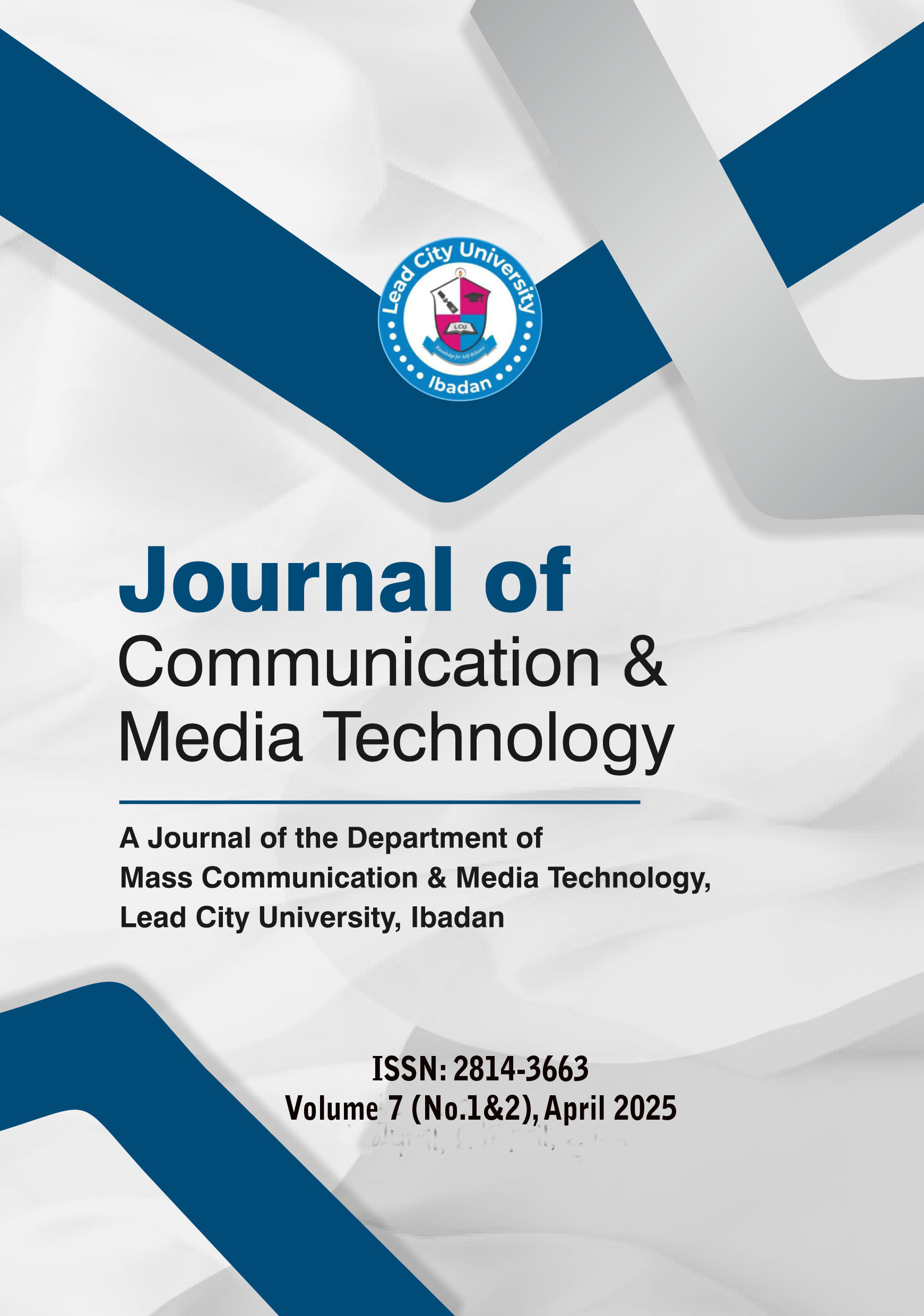Framing Theory: From Philosophical Roots to Practical Applications
Keywords:
Communication Studies, Framing Theory, Media Frames, Public Opinion, Robert Entman, Social MediaAbstract
As a theoretical construct, framing explores how the creation, structure
and presentation of information significantly shapes public perception
and interpretation. Framing, although emerged from Sociology and
Psychology, has since been applied across humanities and social
sciences. As mostly used in Communication and Media Studies, framing
theory suggests that the media directs attention (agenda setting) toward
specific societal events and subsequently contextualizes them (secondlevel agenda setting) within a broader framework of significance. News
gatekeepers often justify these selections as a process of controlling
information to ensure accuracy, fairness, relevance, newsworthiness,
legal compliance, before it reaches the public through the media.
Undoubtedly, social media platforms have democratized information
dissemination and empowered the public to participate in shaping
public discourse as well. Through a critical examination of the
strengths and weaknesses of framing theory, this paper offers valuable
insights into the complex interplay between media, audience, and
societal outcomes. The implications of framing theory for
understanding contemporary communication landscapes and its
potential for present and future research are also discussed.

